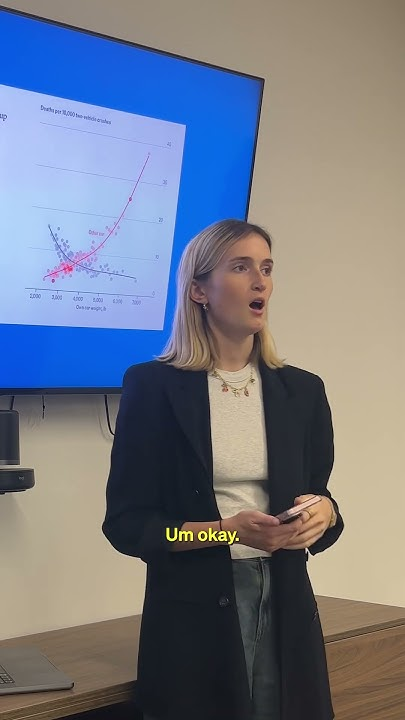

A voting system by itself will not unseat the two party system. You been proportional representation if you want lots of parties. I suggest Sequential Proportional Approval Voting](https://en.wikipedia.org/wiki/Sequential_proportional_approval_voting). Run a local referendums and work your way up.






























NIMBY always has an excuse. They need to convince fence-sitters they’re reasonable. It’s still NIMBY.